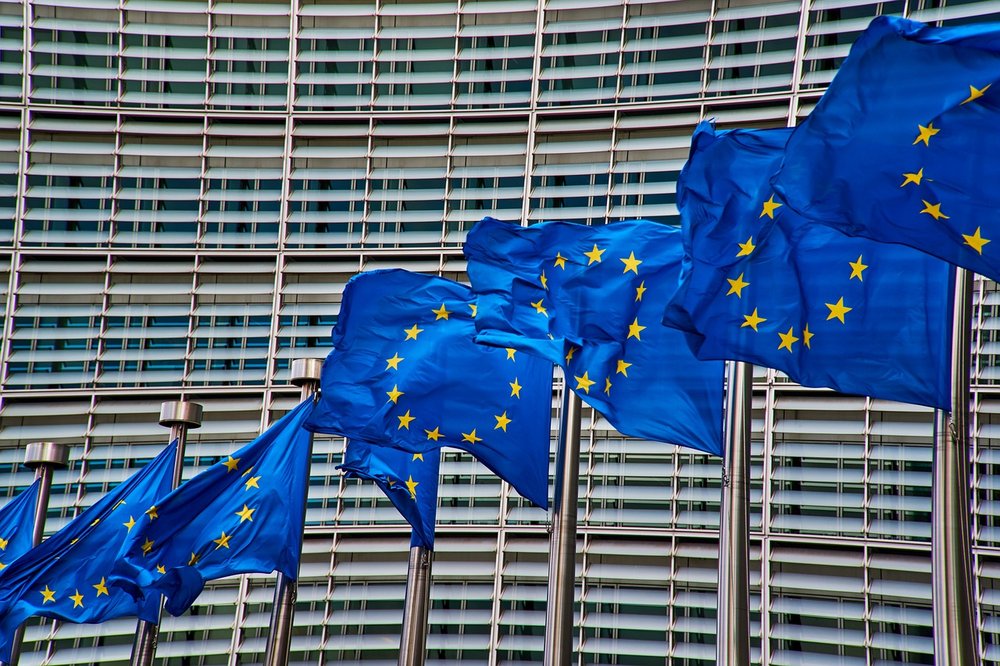The University of Lille, a university of excellence and inclusiveness, encourages international mobility, particularly within Europe, and is committed to the HRS4R process to guarantee the best working conditions for its research staff.
Why commit to the HRS4R?
By officially committing to the process for obtaining the ‘HR Excellence in Research’ label on 26 January 2023, the University of Lille is reaffirming its policy towards, and commitment to, its research staff, working to build and maintain a stimulating, open and attentive working environment.
The University of Lille is aiming to join the 701 institutions and organisations that have already committed to the HRS4R process (by 1 May 2023).
What is the European Human Resources Strategy for Researchers (HRS4R)?
In 2008, the European Commission launched the European Human Resources Strategy for Researchers (HRS4R). Based on the principles of the European Charter for Researchers and Code of Conduct for the Recruitment of Researchers,the HRS4R process aims to improve the practices of research organisations and institutions with respect to recruitment and working conditions for researchers.
Institutions that make a commitment and progress in aligning their research and human resources policies with the 40 principles of the Charter and Code are awarded the ‘HR Excellence in Research’ label by the European Commission.
The European Charter for Researchers and the Code of Conduct for the Recruitment of Researchers

To make the European Research Area more attractive to the best European and international researchers and to encourage young people to embark on a career in research, in 2005 the European Commission published its recommendations for improving working conditions for researchers in the form of a ‘European Charter for Researchers’ and a ‘Code of Conduct for the Recruitment ofResearchers’.
The ‘European Charter for Researchers’ is a set of principles specifying the roles, responsibilities and rights of researchers and employers. The ‘Code of Conduct for the Recruitment of Researchers’ consists of a set of principles that are to be applied by employers when recruiting researchers.
How is the University of Lille involved in the HRS4R process?
The process officially began with the European Commission’s acceptance of the University of Lille’s commitment to applying the European Charter for Researchers and the Code of Conduct for Recruitment to its practices on 26 January 2023.
Contact:
HRS4R project team
If you have any questions, please contact the HRS4R project team at hrs4r-ulille2022[at]univ-lille[point]fr

